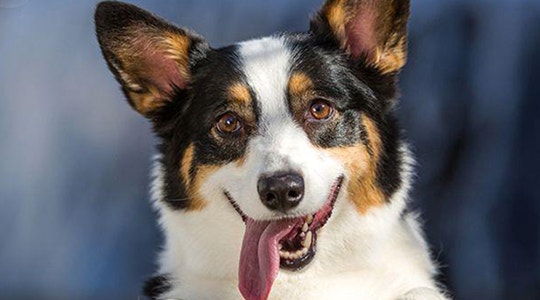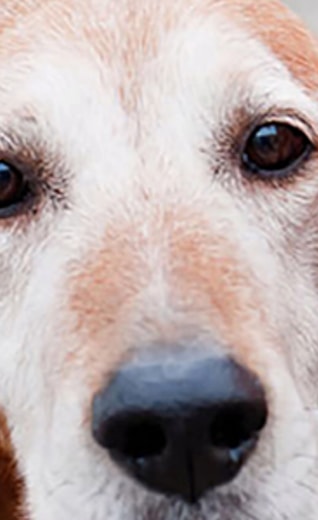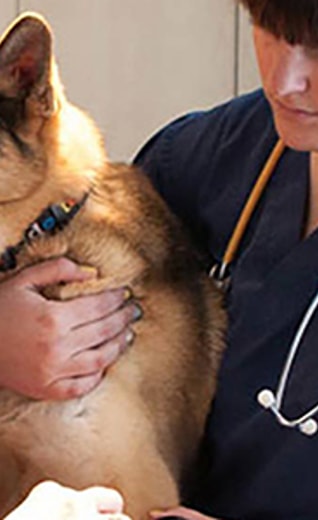
Idiopathic Vestibular Disease in Dogs
If your dog has difficulty walking or balancing, seems to be tilting his head to one side, and displays an odd rolling eye movement, he may have idiopathic vestibular disease. The cause of this disease is unknown, and it can appear suddenly in older and, sometimes, middle-aged dogs.
Symptoms to look for
If your dog has idiopathic vestibular disease he will feel extremely 'seasick' and may have a hard time walking or even standing up. Most dogs with this condition will also refuse to eat or drink because they have a hard time coordinating their movements, which makes eating or drinking from a bowl difficult. If your dog is afflicted with this disease, you may have to administer food and drinking water by hand.
Does your dog have idiopathic vestibular disease?
If you suspect your dog has this condition, it's important to have him checked thoroughly by your vet. Inner ear infections can also cause dizziness and nausea; and certain cancers can affect the brain and inner ear, which can cause your dog to display symptoms that mimic those of idiopathic vestibular disease. If your vet suspects that your dog has this disease, it's likely that he or she will conduct an ear examination and diagnostic tests to determine the cause of your dog's behavior. You and your dog may be referred to a veterinary neurologist for evaluation and treatment.
Treatment and Recovery
Luckily, dogs that are nursed through this disease usually recover within a couple of days to three weeks. Dogs who do not fully recover from vestibular disease can usually adapt to the head tilt and other symptoms, and continue to lead a good life.







